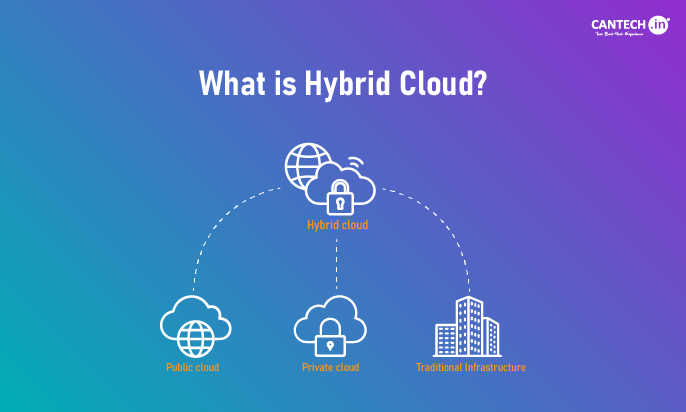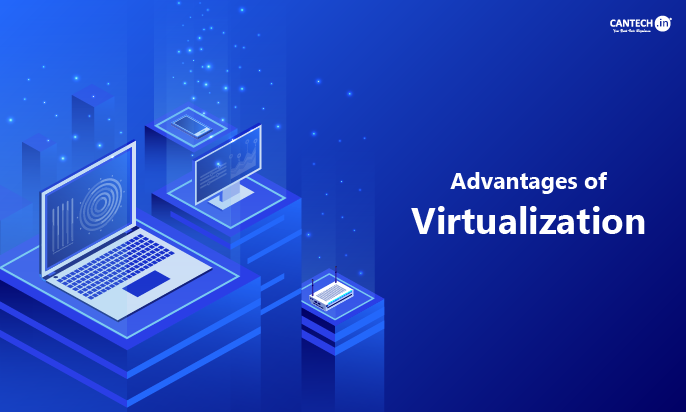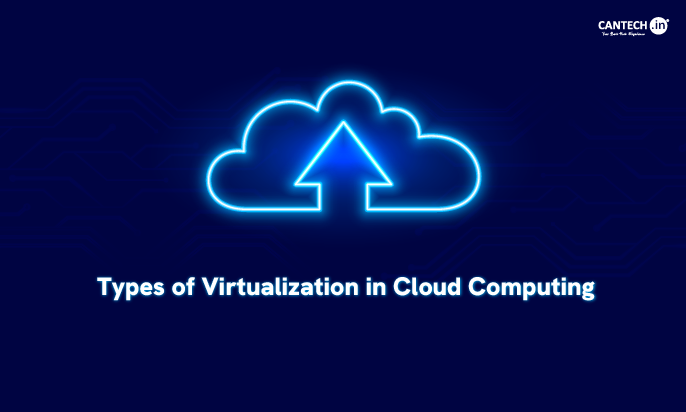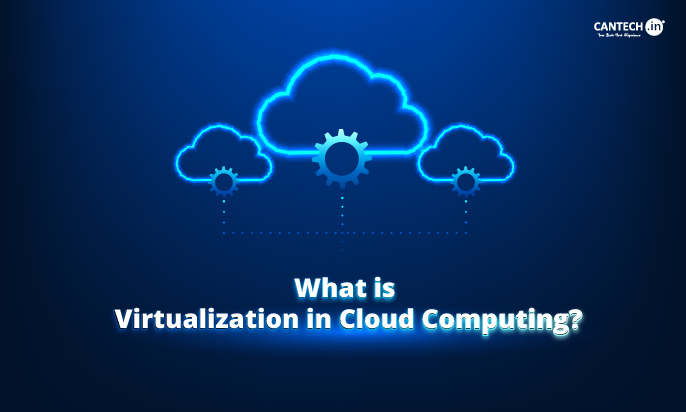In cloud computing, open source means free access and collaboration. Using open source software to develop cloud infrastructure allows the public to use, modify, and share it. This accessibility promotes innovation by allowing users to customize cloud services to their individual needs rather than being limited to proprietary solutions. The collaborative nature of open source encourages community driven development which results in secure and resilient solutions since many users are able to review the code. Open source cloud gives users more control and freedom over their cloud environments by lowering costs and promotes accessible and adaptable approach to cloud computing.
Why is Open Source Cloud Computing Important?
Open Source Cloud Computing uses Open Source technology to create scalable and flexible cloud services which makes it ideal to adopt for unique business requirements and community-driven development for quick innovation and security advancements. Businesses and governments are adopting open source cloud computing solutions to minimize costs, secure data, and comply with regulations. The open source community continues to contribute to these platforms to ensure that they are in line with technical advancements. This strategy democratizes cloud computing and makes it possible for startups, large business, and individual developers to create and administer cloud environments with transparency and control.
Benefits of Open Source Cloud Computing
Open Source Cloud offers many benefits in different ways such as:
Digital Transformation
Cloud computing is playing a major role in current digital transformation globally with more than 90% of cloud providers relying on open source software today. This widespread adoption can be attributed by the immense demand for scalability, flexibility and cost- effective access to these services. Over 98% of all software today has integrated open source components highlighting its importance in the modern tech stacks.
Democratization of AI
Open source has democratized AI development by making it accessible to wide range of users beyond large businesses or educational institutes. More than 95% of AI developers use open source libraries which gives access to anybody with a computer and internet to lend their contributions to the increasing demand and progress of AI.
Data Sovereignty and Compliance
The regulatory landscape for data protection is tightening, with 70% of businesses expressing a preference for open source solutions to ensure data sovereignty. Compliance with laws like GDPR or CCPA is facilitated by the flexibility of open source, where 50% of data is expected to be stored in the cloud by 2025, up from 25% in 2015, highlighting the shift towards cloud-based data management for compliance purposes.
Cost Efficiency
Open source cloud solutions provide high cost savings. The global open source software market is expected to reach $66 billion by 2026, with companies using these systems to reduce costs. Over 90% of startups globally use open source which highlights its cost-effectiveness in resource-constrained environments.
Innovation Acceleration
Open source facilitates innovation. This has led to a 22% annual growth rate in the open source market, facilitating rapid development cycles. JavaScript and Python, the key languages in open source, have seen consistent growth, with over two trillion open-source package downloads from the Maven Central Repository in 2022 alone.
Environmental Sustainability
The push for sustainability is reflected in open source, where community efforts aim at energy efficiency. The Green Electronics Council estimates it has helped save nearly 400 million megawatt-hours through recommended green products, many of which leverage open source technologies.
Governance
Ethical tech is increasingly important, and open source aligns with these values, with 96% of businesses noting the readiness of open source for ethical business deployment. This movement supports inclusivity and transparency along with increased community involvement ensuring technologies serve broader societal needs and not just the commercial ones.
New Developments in Open Source Cloud Computing
Here are some of the new developments in the open source ecosystem as of the latest trends:
AI & Machine Learning Open-Source Ecosystem
The open source community is making AI more accessible by developing projects such as LLaMA, BLOOM, and Grok AI for local deployment, as well as specific frameworks for domains such as medical imaging and natural language processing, which improves AI customization.
Cloud-Native Innovations
Open source is promoting serverless computing with tools like Knative and OpenFaaS (Function as a Service), while edge cloud solutions are gaining traction, with projects like KubeEdge and OpenYurt expanding Kubernetes for edge applications.
Security and Compliance
Security tools such as Trivy and Falco are at the leading the way to secure cloud-native environments, while compliance is being automated with tools like Open Policy Agent (OPA), helping businesses meet regulatory requirements.
Developer Experience (DX) Enhancements
AI-driven development tools, even if not fully open source, are based on open source technologies which help improve productivity and there’s a focus on simplifying onboarding with better documentation and user interfaces.
Open Source in Hardware
The open source hardware movement is growing, with Arduino and Raspberry Pi who are at the forefront and other new projects are focusing on IoT and educational tools, expanding the maker culture.
These developments indicate a vibrant, evolving landscape for open source, where innovation is not just in software but in how communities collaborate, how technology can be made more ethical and sustainable, and how it integrates with emerging tech trends like AI, and edge computing.
Deploy Smarter, Scale Faster, and Save More with Cantech Cloud!
Experience Cantech Cloud, India’s premier Cloud Platform-as-a-Service, designed to deploy your applications instantly on a fully redundant, high-performance, and auto-scalable infrastructure. Benefit from up to 80% savings on cloud costs while enjoying reliability and security. Our platform supports automatic scaling with payment based on real consumption, ensuring you pay only for what you use. Elevate your business with Cantech Cloud’s cutting-edge solutions today!
Get started now! Visit Cantech.cloud
FAQ’s
What is Open Source Cloud Computing
Open source cloud computing is a cloud environment that leverages open-source technologies to provide scalable, flexible, and cost-effective cloud services, enabling businesses to build and manage their infrastructure efficiently.
How Does Open Source Cloud Computing Differ from Proprietary Cloud Solutions
Unlike proprietary cloud solutions, open source cloud computing provides full transparency, greater customization, and no dependency on a single vendor, giving businesses more control over their cloud infrastructure.
What Are the Challenges of Open Source Cloud Computing?
Challenges include a steeper learning curve, potential compatibility issues, a need for in-house expertise, and reliance on community support instead of dedicated vendor assistance.
Can Open Source Cloud Computing Support Hybrid Cloud Deployments?
Yes, open source cloud computing supports hybrid cloud deployments by enabling seamless integration between private and public cloud environments, providing better resource optimization and cost efficiency.
Which Are the Popular Open Source Cloud Computing Platforms
Popular open source cloud computing platforms include OpenStack, CloudStack, Kubernetes, and OpenNebula, each offering unique capabilities for managing and deploying cloud-based applications and services.







